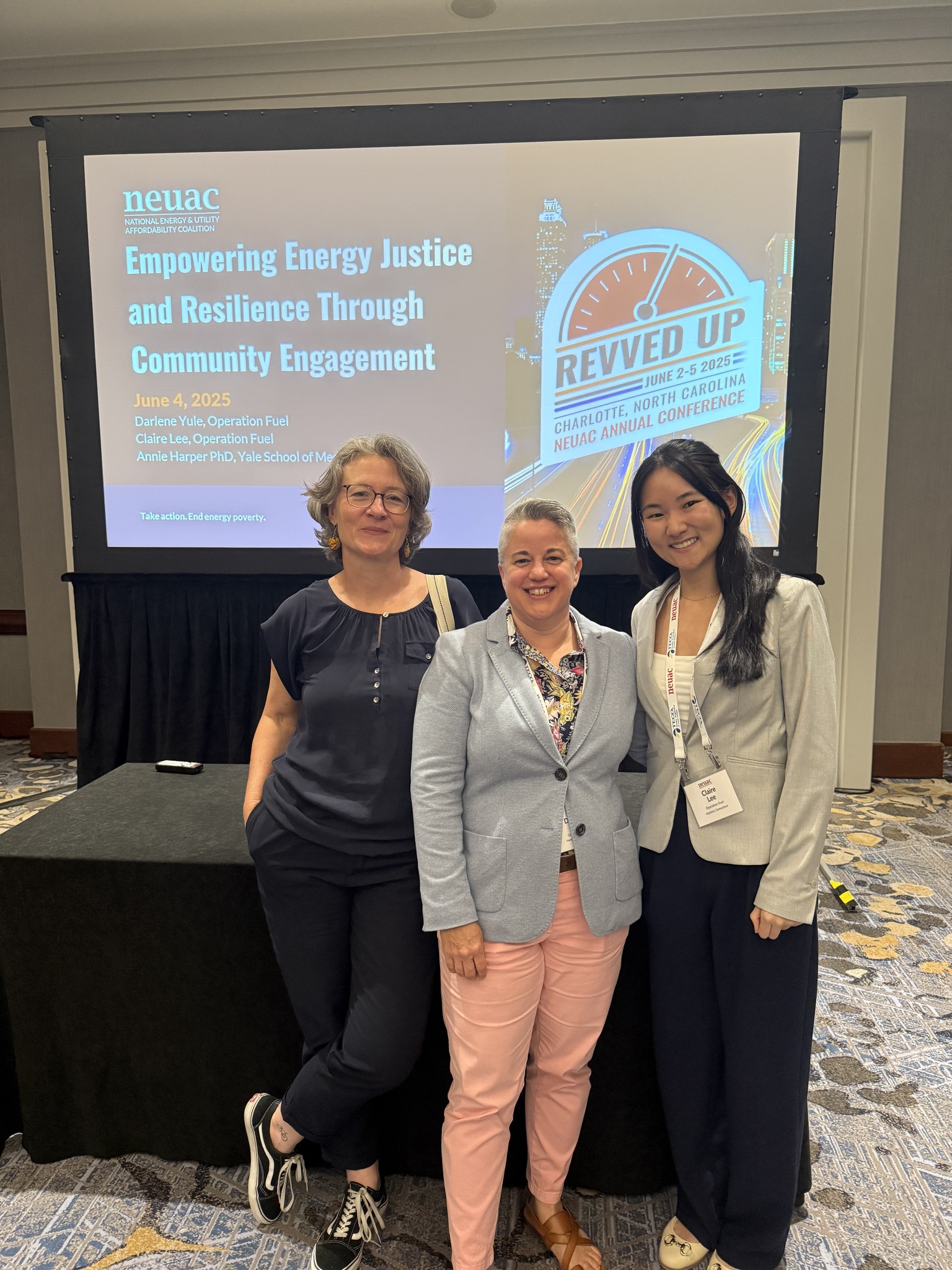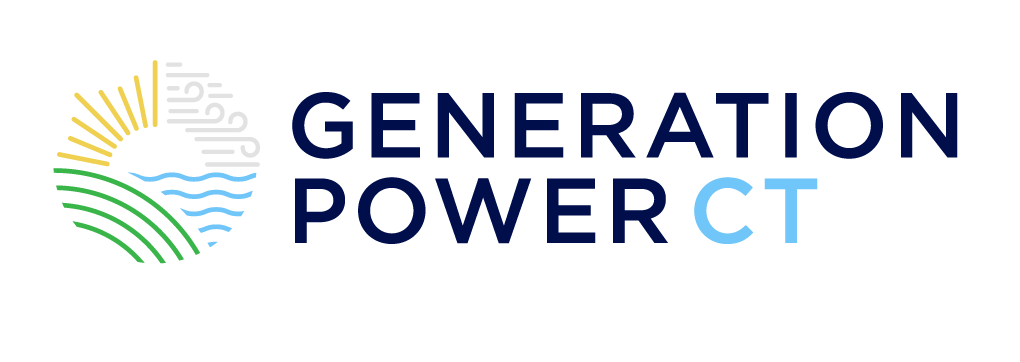
Thank You to Our Partners
Yale School of Medicine, Yale School of Public Health, Clean Energy Group, Connecticut Insurance Department, Connecticut Green Bank; funded by the Robert Wood Johnson Foundation, the Energy Storage Solutions program, and the U.S. Department of Energy’s Building Technologies Office.
About this Report
This research study aimed to identify the needs of home medical device (HMD) users living in affordable housing and understand their energy dependence in the context of climate resilience. Throughout this project, focus groups and individual interviews with tenants, housing staff, and medical professionals were conducted across the state to gather information about residents’ lived experiences. The report’s findings highlight the vital need for climate smart technology and other support systems in vulnerable communities throughout Connecticut. Recommendations were also made to guide future investment in these technologies and priorities for public health and energy resilience.
Read the Full Report Here
The report reveals how power outages affect residents’ mental health and access to home medical devices, highlighting the socioeconomic barriers contributing to health and energy-related stress. With 10 key recommendations, the report aims to guide future building codes and planning, ensuring residents’ needs and reliance on electricity are prioritized.
Read More of Our Research
Too often, research studies with worthy goals fail to translate into action given the disconnect between the researchers and the community most impacted by the issue being studied, people working on the ground to support these communities, and policy makers. Working with [GPCT] connects us with all these groups, and as a result our research is bringing about real change! DR. ANNIE HARPER, ASSISTANT PROFESSOR, YALE SCHOOL OF MEDICINE

